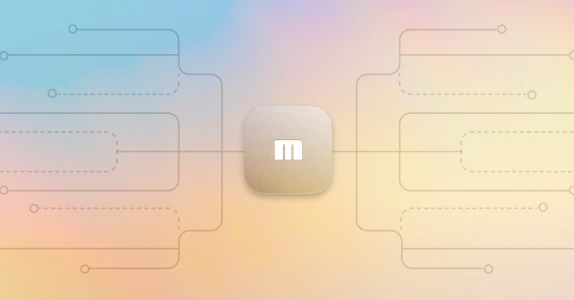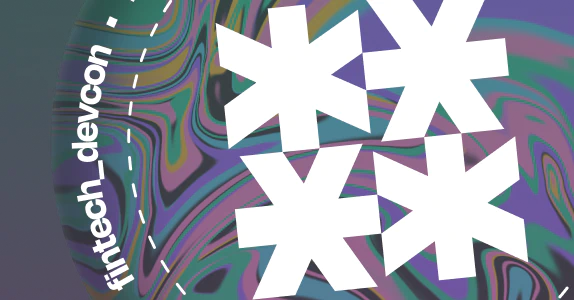
Why I joined Moov: Vince Xiao
My path to working at an embedded payments startup isn’t as straightforward as I would’ve hoped. In college, I studied finance and computer science with the singular goal of joining a big hedge fund as a programmer. But as I learned more about that industry, I had a stark realization I was jumping into a zero-sum game. I wanted to increase the size of the pie, not just take a bigger share.
I shifted my focus to investments. I started working as an investment analyst, where I helped manage $2.8 billion in fixed-income assets. I joined a world dictated by treasury markets, financial models, and bond indentures. I spent the bulk of my time fine-tuning models in Excel and building client decks in PowerPoint. I did well in this role, but I was convinced most of our work could be automated. The right software could give us a big competitive advantage in streamlined operations and better products.
It seemed obvious that a company would be willing to adopt new technologies to gain a long-term competitive advantage. But I misunderstood a core concept—incentives. Managers sell on incentives. If you bring in more revenue and bonuses, then promotions and firm-wide recognition come your way. If money floods in, the systems in place must be working, right? After all, sales are easily quantified. However, initiatives to invest in new technology are inherently risky and become second-class citizens when the right incentives aren’t in place.
Share thisIncumbents who aren’t customer and technology-focused will lag behind competitors who are. Today, we see traditional financial service firms struggle to compete against the array of fintech products.
My first job
I strongly believed that software would continue eating the world, and eventually, my value as an analyst would dwindle. I needed to adapt, so I quit my job and started programming. I learned multiple programming languages, wrote toy apps, and taught myself the fundamentals. There was a steep learning curve, but work didn’t feel like “work” anymore. I had fun and was building again.
My first job as a software engineer was at a mobile gaming startup by the founders of Zappos and YouTube. We were a small team, so I contributed to many parts of our stack—from writing microservices in Go and MongoDB to building APIs to process event streams. I absorbed the startup ethos of focusing relentlessly on building a product customers love.
Finding Moov
Fast forward to mid-2020, mid-pandemic. I was working on side projects and contributing to open source repos like CockroachDB. I found Moov on AngelList. The team was small, and they had raised a $5.5 million seed round. Moov had a strong open source presence. They also had a mission I valued: embed banking and payment functionality everywhere. So, I joined their Slack channel, browsed around, said I was interested in what they were doing, and applied.
The interview process felt natural. I talked with Wade (our CEO) and JJ (our Senior Architect) for almost two hours. I was excited about what they were trying to do in the fintech industry. The team had a unique combination of deep payments and engineering experience, passion, and determination.
Joining the team
I joined Moov because I wanted to contribute to their mission of making it easier to send and receive money. I’m even more amazed by the team now than when I first joined. The people here are hyper-focused on our users and building a great developer experience. The engineering team is passionate, hands-on, and iterating fast.
We work with a modern tech stack including Go, Kafka, microservices, Docker, Kubernetes, and MySQL. I’ve been impressed with how our team has made smart and practical technical decisions.
Over the last six months, I’ve worked on our payments and eventing infrastructure. My team focuses on developing event-driven microservices and enabling our webhooks platform to allow users to react to events. On the open source side, I help maintain our ACH library and work with the community on improving the project. I collaborate with engineers across 15+ states (Moov is fully-remote). And as we continue to build our commercial platform, I remain deeply involved in growing our engineering team.
We deploy daily and consistently work towards refining our tools and processes. We take full ownership of our code, and everyone has a voice. This mantra is at the heart of our culture. Trust and communication are essential. As a remote team, we rely on thoughtful written communication (Slack, Notion, Linear App) and video (Google Meet). A day doesn’t pass where I feel like I’m in the middle of a masterclass on engineering, fintech, and payments. There’s something special going on here, and I think we’re just getting started.
This is why I joined Moov—and why you should too.





